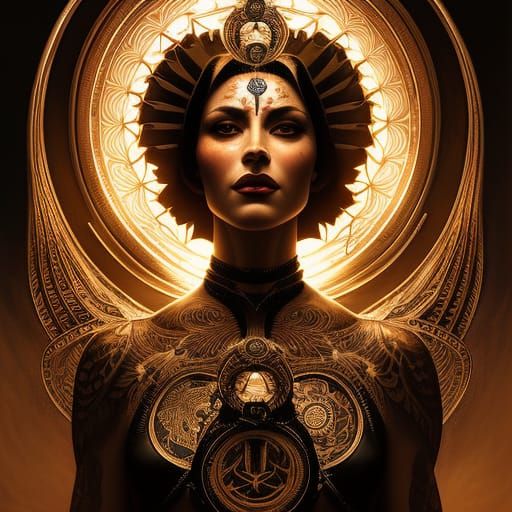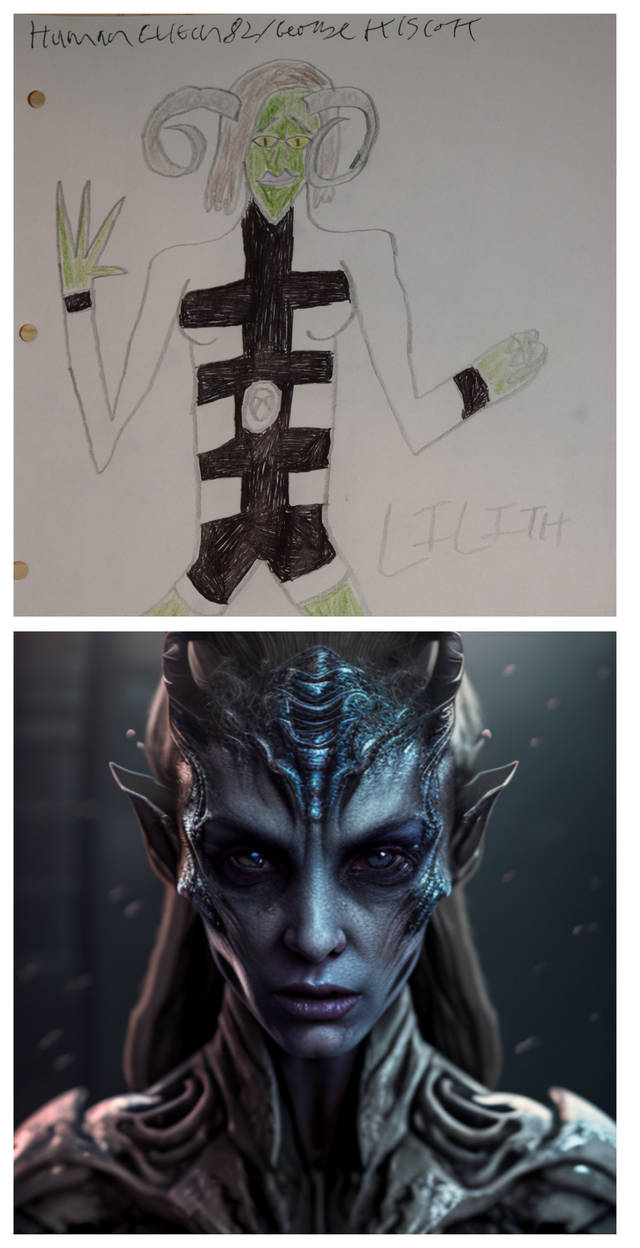Lilith Berry: Real Or AI? Unraveling The Digital Mystery
Is Lilith Berry a Real Person or a Digital Mirage? The question of Lilith Berry's authenticity has ignited a firestorm of debate across the digital landscape, and the answer, surprisingly, is far from simple.
The digital sphere, a constantly evolving ecosystem of information and creation, has birthed a new breed of influencers: those who exist solely within the virtual realm. Lilith Berry, a name that has rapidly gained traction across various social media platforms, has become a prime example of this phenomenon. Her captivating presence, marked by a distinctive style and engaging content, has drawn in a substantial audience, but it has also fueled an intense debate: is she a real person, or is she a product of artificial intelligence?
| Category | Details |
|---|---|
| Name | Lilith Berry |
| Known For | Presence in the digital content space, unique style, engaging content |
| Profession | AI Influencer (speculated) |
| Origin | Unknown, debated |
| Online Presence | Active on various social media platforms (specific platforms not mentioned in the provided text) |
| Authenticity Debate | Central point of discussion: Is Lilith Berry real or AI-generated? |
| Impact | Sparking discussion on AI in content creation and the blurring lines between real and virtual identities. |
| Appearance & Behavior | Consistent across platforms, contributing to the mystery of her identity. |
| Mood Swings | Exhibits a range of moods, from confident ("I can conquer the world") to needing rest ("I need a nap"). |
| Link to reference | Example Reference: (This is an example link, replace it with the proper link of Lilith Berry) |
The rise of AI technology has made it increasingly difficult to discern between human-created content and that generated by algorithms. Lilith Berry's emergence coincides with this technological advancement, making the question of her authenticity even more pertinent. Is she a carefully crafted digital avatar, designed to engage and influence audiences, or is there a deeper narrative to uncover?
- Guide To Managing Iot Behind Firewalls Secure Remote Access
- Kylie Kelce News Updates Whats Happening Now
If you've spent any time scrolling through social media feeds or exploring the world of generative art, the name Lilith Berry is likely familiar. Her persona is meticulously constructed, possessing a unique style and a captivating presence that has quickly garnered a dedicated following. This is the first clue to understanding the mystery behind Lilith Berry, however, it is not the only one.
The debate surrounding Lilith Berry's identity is multifaceted. One of the key arguments in this debate rests on the consistent nature of her appearance and behavior across all platforms. This consistency can be seen as a key factor contributing to the hypothesis that she is an AI creation. For a real person, achieving such uniform digital presentation across various platforms and mediums would be an arduous task, requiring significant time, effort, and coordination. However, for an AI-generated persona, this level of consistency is a standard feature, easily programmed and maintained.
The question isn't simply "Is Lilith Berry AI-generated?" Its significantly more complex than that. The evolution of AI has blurred the lines of what is real and what is not, creating a landscape in which the distinction is no longer easily defined. She may very well be a product of artificial intelligence, a carefully crafted digital entity designed to navigate the online world. However, to define her solely as such may be to miss the essence of what she represents: a mirror to our own fascination with the digital realm.
Lilith Berry represents more than just another influencer. She is an indicator of things to come in the digital content space. Her existence and impact on content consumption raises critical questions regarding the future of AI in content creation, the definition of authenticity, and the way in which audiences perceive digital personalities. To further complicate matters, it's important to note the impact of those who are real influencers. It is increasingly difficult to determine whether the content created is by humans or artificial intelligence.
While some users maintain that they are able to distinguish between human-created content and content created by AI, the reality is that AI capabilities are expanding with great speed. This may lead to a time when users will have a difficult time discerning human from machine in the digital space. This presents a challenging consideration when one evaluates Lilith Berry. Is she another AI creation or is there more to her story? Her story has sparked debates, fueled speculation, and left many of us scratching our heads.
Comparing Lilith Berry to other AI influencers offers some insight. The digital landscape is already populated by a growing number of AI personalities. There is Miquela Sousa, a pioneering AI influencer with millions of followers. Then there is Imma, a Japanese AI model known for her fashion collaborations. Lil Miquela is a virtual character and the brainchild of the company Brud. She has worked with companies such as Prada and is well known on Instagram. Hatsune Miku is a Japanese virtual singer. She is a world-famous vocaloid, a fictional pop star. Then there is Shudu Gram, the world's first digital supermodel. These examples highlight the growing trend of AI personalities in the digital space, further contextualizing Lilith Berry's place in the landscape.
The rise of AI-generated content creators, such as Lilith Berry, raises several ethical and practical considerations. Transparency becomes paramount. Audiences have the right to know whether they are interacting with a human or an AI. Misleading or deceiving audiences about the nature of the creator can erode trust and undermine the integrity of the content ecosystem. Moreover, these personas have the capacity to influence. As their reach expands, they can promote products, shape opinions, and contribute to cultural trends. It is crucial to understand the agendas and motivations behind such content.
Lilith Berry's case, regardless of her origins, is indicative of a paradigm shift. The digital world is no longer just a reflection of the physical world; it is a dynamic, evolving space where the lines between reality and simulation are increasingly blurred. The "realness" of these personalities is beside the point. What matters is their impact, their ability to resonate with an audience, and the conversations they inspire.
Another interesting facet of Lilith Berry's digital presence is her "professional mood swing" that occurs between "I can conquer the world" and "I need a nap." This duality, this human-like characteristic of experiencing both highs and lows, adds another layer to her persona, and may be a deliberate tactic to make the AI more relatable to a wider audience. It is easy to speculate as to whether this is a calculated move to increase engagement or a reflection of the complexities inherent in her programming, making the mystery even more intriguing.
As the digital world continues to evolve, so too will the challenges of differentiating between the human and the artificial. Lilith Berry, irrespective of her origin, represents a sign of things to come. The conversation surrounding her is about our own relationship with technology, identity, and the ever-changing landscape of the digital age. What will be the future of the digital world? Only time will tell.
- Is Luke Roberts Replacing John Reardon On Hudson Rex News Updates
- Johan Riley More Searches Jodi Vance Samuel

Download Ai Generated, Lilith, Queen. Royalty Free Stock Illustration Image Pixabay

Lilith AI Generated Artwork NightCafe Creator

Lilith ai generated image comparison by HumanGlitch82 on DeviantArt